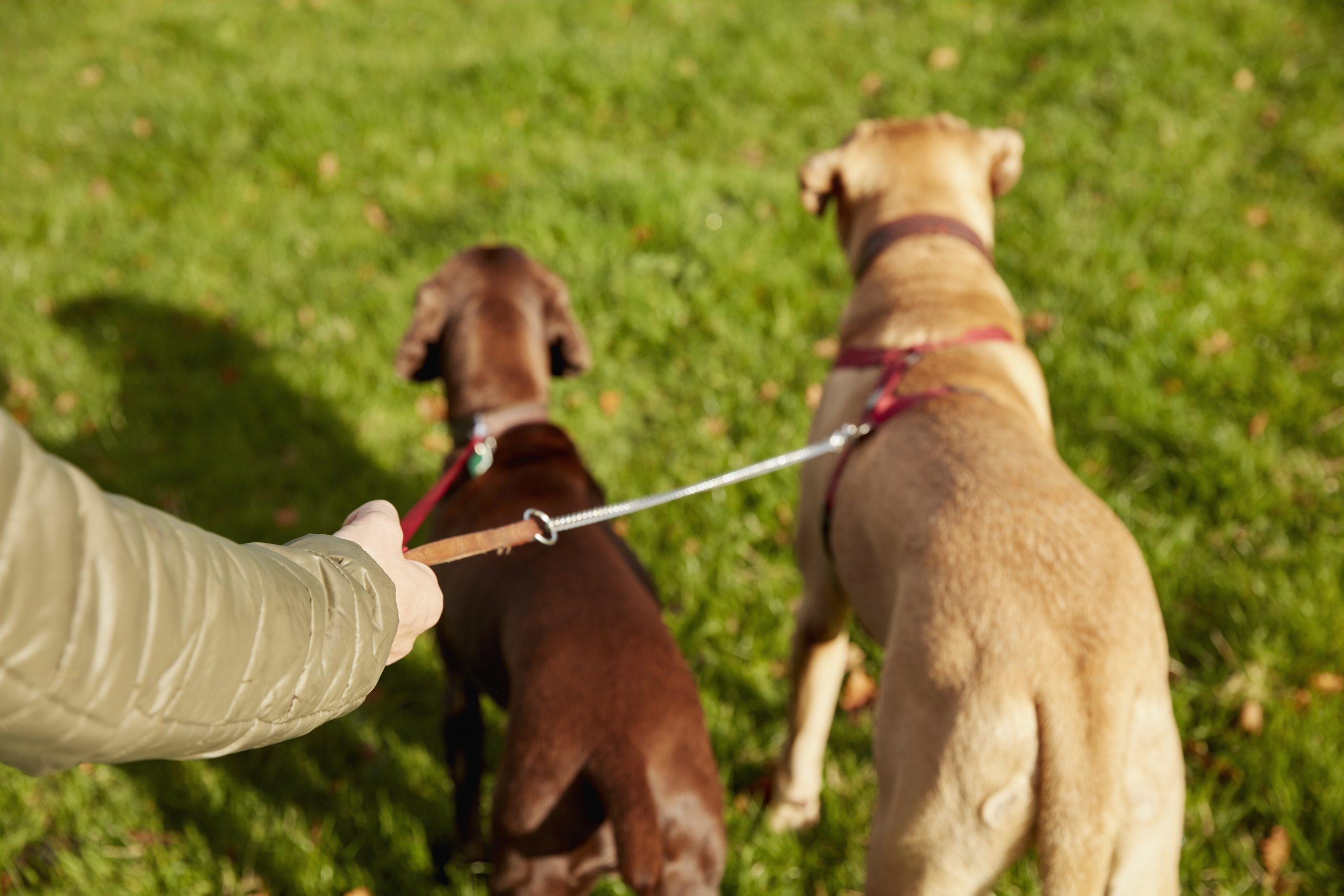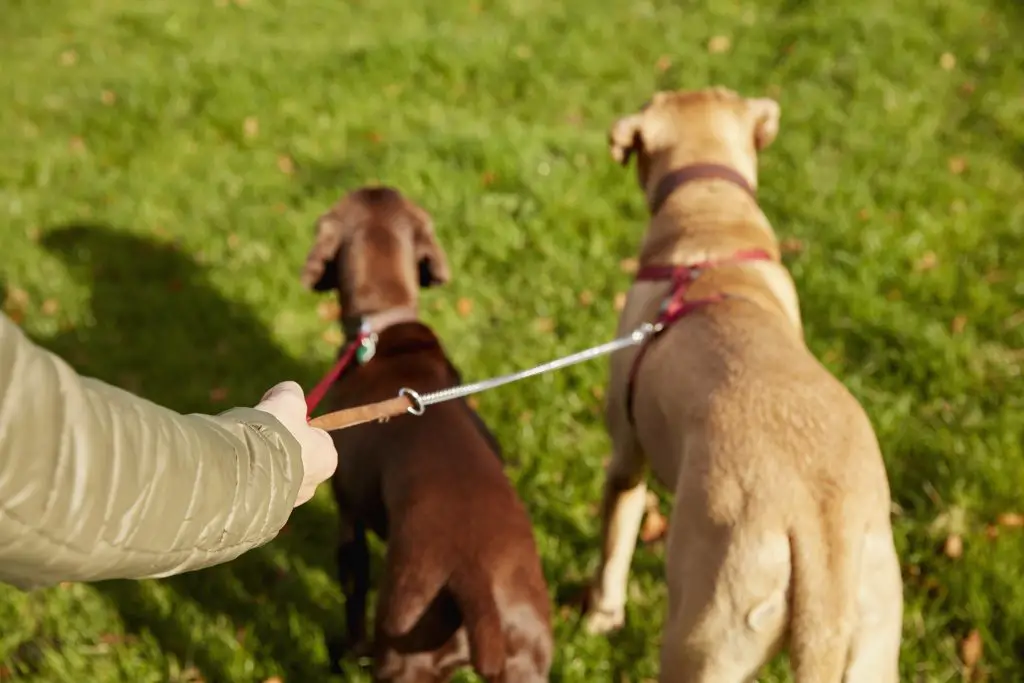Dog Health Issues By Breed – See What You Can Expect
Every dog owner is going to need to understand the basic characteristics of the dog breed they’ve adopted. All breeds have different strengths and weaknesses, and most of them have some health and behavioral issues you’ll need to pay attention to, as well. Assuming that one dog is just like any other isn’t just a bad idea.
It could lead to expensive and worrying vet visits or problems with a dog that seems intent on destroying the house. Fortunately, knowing a little bit about your pet and the breed of dog you have will allow you to avoid this. Health Concerns Inherited diseases are a concern for all dogs, whether they’re purebreds from a great breeder or mutts from the shelter. Every dog’s genetic background carries the possibility of a genetic problem.
Keeping Records
A good breeder will keep records of any problems in their animals and will be willing to provide you with information about your dog. Breeding stock should test clear for these disorders before a dog is bred. If a breeder is evasive or brushes off the need for genetic tracking, you should probably consider adopting elsewhere.
All breeds have their own set of illnesses that they’re more or less susceptible to. Some breeds are prone to lots of these problems, while others are likely to get only a few. Some breeds may be famous for health problems that they’re not actually all that likely to get, while other breeds, which get them more often, aren’t recognized as problems. One example is that German Shepherds, which are famous for hip dysplasia problems, are actually less likely to get this disease than Pugs, which are not known for it.
Genetic Problems
Some of the more serious genetic problems can be tested for, using DNA tests. This is commonly done for breeding animals and is less common in pet animals. Even dogs that look healthy and normal could actually have a hidden problem. Many issues only show up later in life. Some common disorders that can be tested for include heat disease, dwarfism, immune issues, eye problems, thyroid issues, blood disorders, and allergies. Unfortunately, not every problem will show up on a test. That means that some of them can turn out to be unpleasant surprises.
So, how can you know what problems your dog may have? A little bit of research and talk with your vet can help you find out. Some examples of problems include parvovirus – a disease that Rottweilers, Pit Bulls, English Springer Spaniels, and Dobermans are all susceptible to, heart disease – a problem in Cavalier King Charles Spaniels, Great Danes, Boxers, Golden Retrievers, Rottweilers, German Shepherds, and some other breeds, and epilepsy – suffered by beagles, dachshunds, German Shepherds, and some others.
Preventing Problems
Some problems can be prevented or made to be less severe. For instance, giant breeds, especially Molossers (Mastiffs, St. Bernards, and others) can have joint problems as they age. Their large size and great weight make it hard for their bodies to keep up.
However, if you make sure that your pet is moderately active (too much puts a strain on the joints, and too little allows weight gain), keep your pet within a reasonable weight range, and don’t allow puppies to grow too fast, you can improve your dog’s chances of avoiding these issues. The right care can help prevent or reduce the impact of many diseases and congenital defects.
Behavioral Issues Other breed-specific problems have to do with the personality of the dog. Most breeds were created for a specific purpose, and many of them are still “wired” to perform that purpose. If you don’t allow them to feel fulfilled and see to their needs, they may begin to behave badly or strangely.
For instance, English Mastiffs are protection dogs that are supposed to be very attached to the families they guard. They once helped stop poachers and intruders on large estates. If their owners aren’t constantly around, these dogs can become lonely, depressed, and feel abandoned.
Problems With Instincts
Herding dogs, like Briards and Australian Shepherds, may have some instincts that can be a problem for you. Imagine you’re taking your dog for a walk (a must with Aussies’ high energy levels) and you encounter a flock of ducks, a playground full of children, or a group of small animals. If your dog isn’t properly trained, he or she could go right into herding mode, causing a real problem! Retrieving dogs can wreck a house in their quest for a ball, and extremely intelligent dogs can become real nuisances if they don’t have enough stimulation.
Knowing about your dog, what he or she was bred to do, and what the breed will want and need can help you avoid a lot of behavior issues. A good breed guide, a talk with your breeder, or a discussion with your vet can all help you understand the basic characteristics of your dog’s breed. Consider joining a local breed enthusiast’s club, or just doing a lot of research, to learn what problems you might run into – both health and behavioral. That way, you’ll be ready for almost anything that happens.
While we can’t prevent all breed-specific problems, we can do our best. We can also take the time to learn about how to keep problems from becoming severe. Responsible dog ownership isn’t a one size fits all proposition. It’ll be different for every breed, and for every dog. If you start thinking about taking care of your dog based on his or her basic genetic makeup and personality, chances are that you’ll be a lot more successful.


